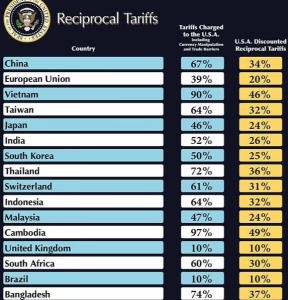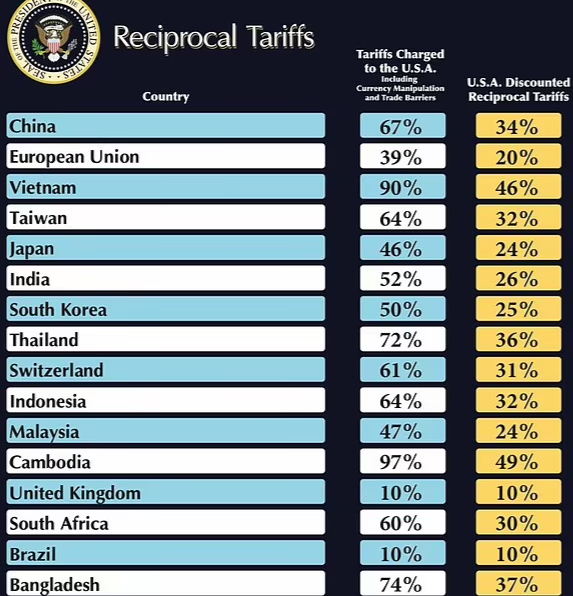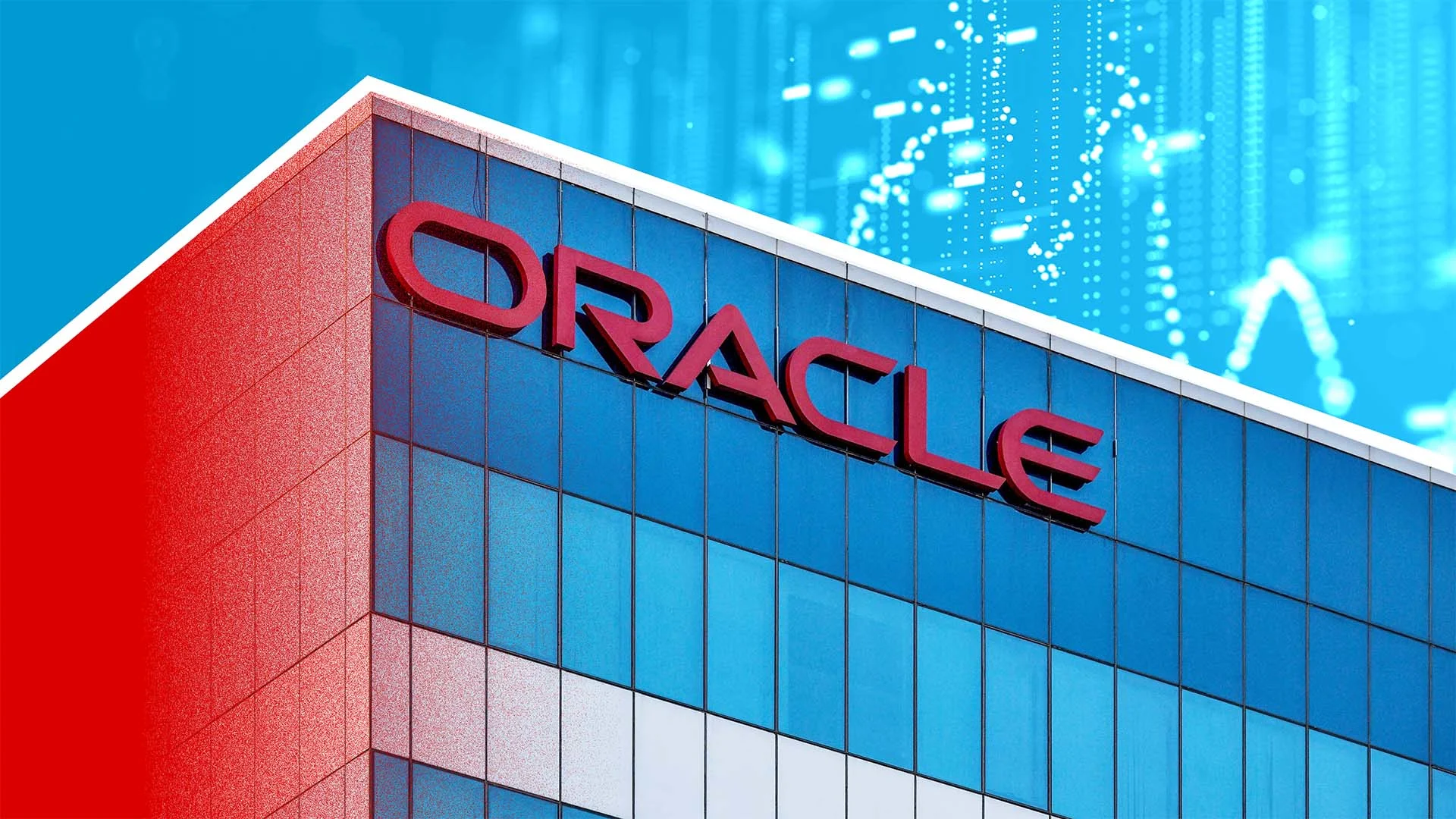It’s no secret that tariffs are typically considered as bad for an open economy. There are a few times when they can be a useful tool in temporarily supporting a sector, or preventing foreign governments from intentionally undermining a business, but generally they just increase prices for everyone involved.
The smattering of tariffs, and the threat of more tariffs, have done a great job at reducing the values of investment and retirement accounts. Stock market drops have become common as the market anticipates the full effect of tariffs.
What was coined “Liberation Day” by administration officials turned out to send futures into a tailspin. A baseline of 10% across the board and significantly higher tariffs for many of America’s largest trading partners was revealed and the markets did not like it at all.

Average Losses
According to Vanguard, one of the largest money managers in the U.S., the average 401k has a little over $134,000 in it. Obviously, the amount is less for younger people and more for those getting closer to retirement. The S&P 500 has lost a little under 8% since Trump took office, though 401k accounts are not made up entirely of equities. Factoring in a healthy mix of bonds, and a few stocks which have risen significantly in the last three months, the average loss on a $134,000 retirement account seems to be a shade under $8000.
While this kind of loss is relatively easy to absorb if you’re 24 years old and still have another 40 years of saving left before retirement (hopefully), it paints a far more bleak picture for a 60 year old ready to exit the workforce.
Ongoing Tariffs
To say that tariffs could backfire on the U.S. would be an understatement. In the short term, American consumers are going to feel pain while shopping. Reciprocal tariffs are going to add to the sting. It’s clear that Trump is trying to force countries to the negotiating table. Again, in the short term, this tactic may work to an extent. Countries which run a trade deficit from the U.S. are going to feel negative effects from tariffs as well, though likely not as far reaching as what Americans are going to feel.
Long term, this is just going to push other countries into diversifying their trade to the point where they can better absorb tariffs going forward. China may be more than happy to step in as a trading partner when the U.S. has shown that they are willing to use the threat of economic instability to get what they want, even when it hurts consumers.
What could very well happen is that tariffs get baked into the U.S. economy for the foreseeable future, though they may start getting backtracked right around the time early voting starts for midterm elections. A split between the White House and Congress would make it much more difficult for either body to push through changes. It wouldn’t be difficult to scale back tariffs en masse next summer and point to the likely stock market rise as “proof” the economy is growing and improving.




